When you think of a pet, your mind might wander to the usual suspects: cats, dogs, maybe even a bird. But ferrets? Oh, they are a breed apart. With their playful antics and mischievous nature, ferrets can be incredibly rewarding pets, but they come with their own set of unique challenges.
If you’re considering adding a ferret to your family or already have one and want to ensure you’re providing the best care possible, read on. We’ll dive into the fascinating world of ferrets and cover everything you need to know about keeping your little furball happy and healthy.
Ferrets Are Illegal in Some US Regions
Before we get too excited about ferret ownership, there’s a crucial point to address: legality. In some parts of the United States, ferrets are illegal or have strict regulations. For instance, California and Hawaii ban ferret ownership outright, while cities like New York have specific restrictions. Always check your local laws before bringing a ferret home.
Quick Fact: Ferrets were domesticated around 2,500 years ago and were used for hunting rabbits!
Ferrets Have a Strong, Musky Odor
One of the first things you might notice about ferrets is their distinctive odor. It’s a natural scent, thanks to their skin glands, and even if they’re descented, a musky aroma often lingers. Regular cleaning of their bedding and habitat can help manage this, but it’s something to be prepared for.
Quick Tip: Bathing ferrets too often can exacerbate their odor by stimulating their glands to produce more oils.
Ferrets Thrive on Company
Ferrets are social creatures that thrive on interaction. If you’re away from home a lot, consider getting them a ferret friend to keep them company. They form strong bonds with their owners and other ferrets, making them delightful companions.
Quick Fact: Ferrets sleep for 14-18 hours a day but are full of energy when awake!
Ferrets Need Plenty of Exercise
Don’t be fooled by their small size—ferrets need a lot of exercise. They love to explore, tunnel, and play. Providing them with a safe, spacious area to roam and plenty of toys will keep them physically and mentally stimulated.
Quick Tip: Ferret-proof your home to prevent them from getting into dangerous situations or chewing on electrical cords.
Ferrets Chew on Everything
Speaking of chewing, ferrets have a notorious reputation for gnawing on anything they can get their paws on. This habit can be hazardous if they chew on something toxic or swallow small objects. Providing safe chew toys can help mitigate this behavior.
Quick Fact: Ferrets’ teeth grow continuously, so chewing helps them keep their teeth healthy.
Ferrets Are Carnivores
Ferrets are obligate carnivores, meaning their diet should consist primarily of meat. High-quality ferret food or raw meat diets are essential for their health. Avoid feeding them fruits, vegetables, or grains, which their digestive systems cannot handle properly.
Quick Tip: Supplement their diet with fatty acid vitamins for a shiny coat and healthy skin.
Ferrets Require Annual Vet Checkups
Regular veterinary checkups are crucial for ferrets. Annual visits can help catch health issues early, ensuring your ferret stays in peak condition. Look for vets who specialize in exotic pets, as they will have the expertise to provide the best care.
Quick Fact: Ferrets are susceptible to many of the same diseases as dogs and cats, such as distemper.
Ferrets Are Prone to Age-Related Diseases
As ferrets age, they can develop diseases such as adrenal disease, insulinoma, and lymphoma. Being vigilant about changes in their behavior and regular vet visits can help manage these conditions effectively.
Quick Tip: Senior ferrets may require more frequent vet visits to monitor their health closely.
Ferrets Need Vaccinations
Just like other pets, ferrets need vaccinations to protect them from diseases. The most common vaccines are for rabies and canine distemper. Ensuring they are up-to-date on their shots is vital for their health and well-being.
Quick Fact: Canine distemper is almost always fatal in ferrets, making vaccination crucial.
Ferrets Need Flea and Heartworm Prevention
Preventing fleas and heartworms is as important for ferrets as it is for dogs and cats. Using vet-recommended preventatives can protect your ferret from these parasites, which can cause serious health issues.
Quick Tip: Regularly clean your ferret’s living area to minimize the risk of flea infestations.
Ferrets Can Get Hairballs
Finally, ferrets, like cats, can get hairballs. Regular grooming and providing hairball remedies can help keep this issue in check. A healthy diet rich in fatty acids also supports good fur health, reducing shedding.
Quick Fact: Ferrets shed their coats twice a year, typically in the spring and fall.
Caring for a ferret is a unique and rewarding experience, filled with playful moments and loving companionship. By understanding their needs and providing proper care, you can ensure your ferret lives a happy, healthy life. From dealing with their musky odor to ensuring they get enough exercise and proper nutrition, being a ferret owner is all about commitment and love. Remember, the joy they bring with their quirky personalities makes all the effort worthwhile. Happy ferret parenting!
How to Find a Pet Ferret
When adopting a ferret from a breeder, ask these questions:
- Has the ferret been vaccinated?
- What diet has the ferret been eating?
- Does the ferret get along with other animals?
- What is the ferret’s health history? Do they have veterinary records?
- What is your policy if the ferret gets sick?


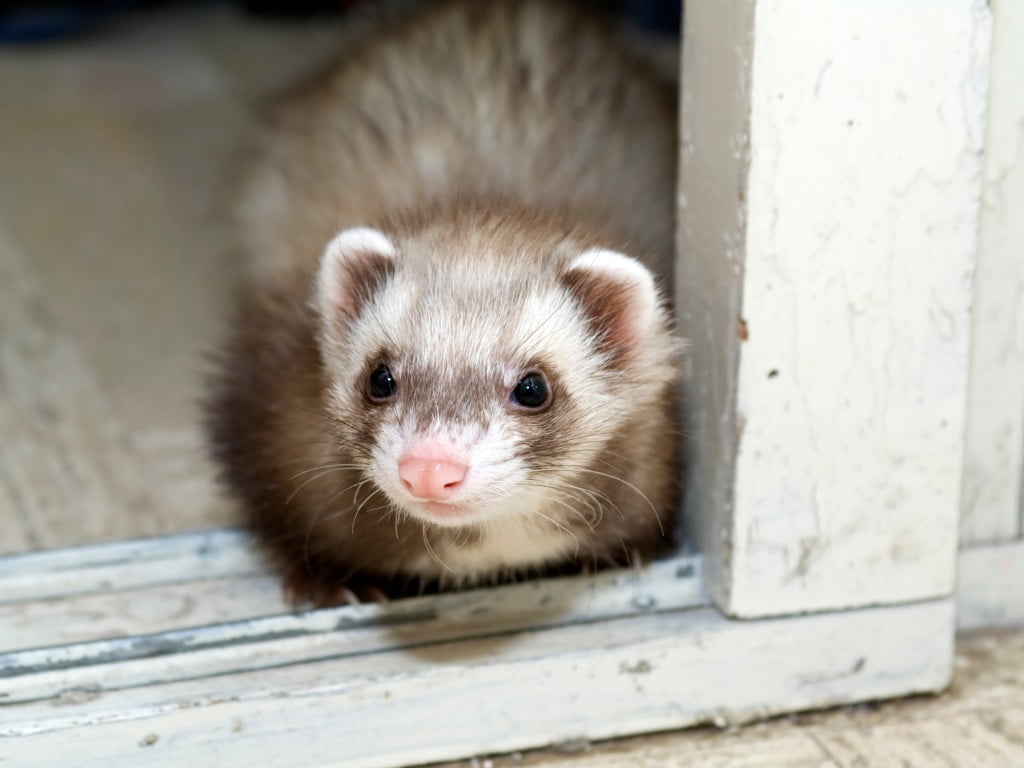

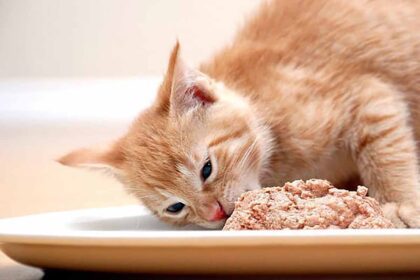
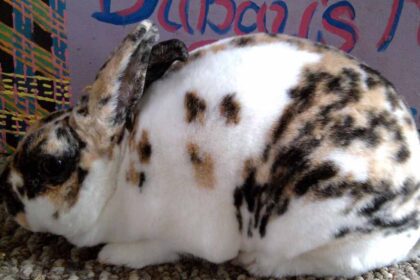

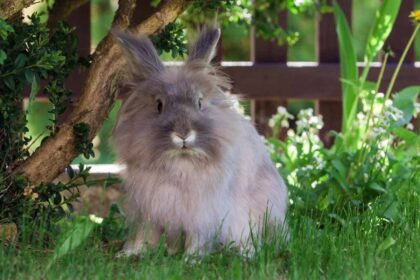




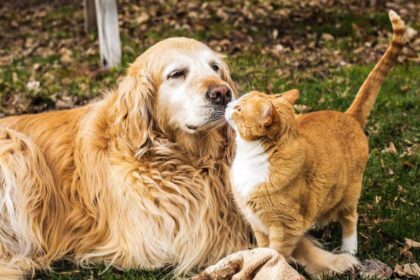

Comments are closed.